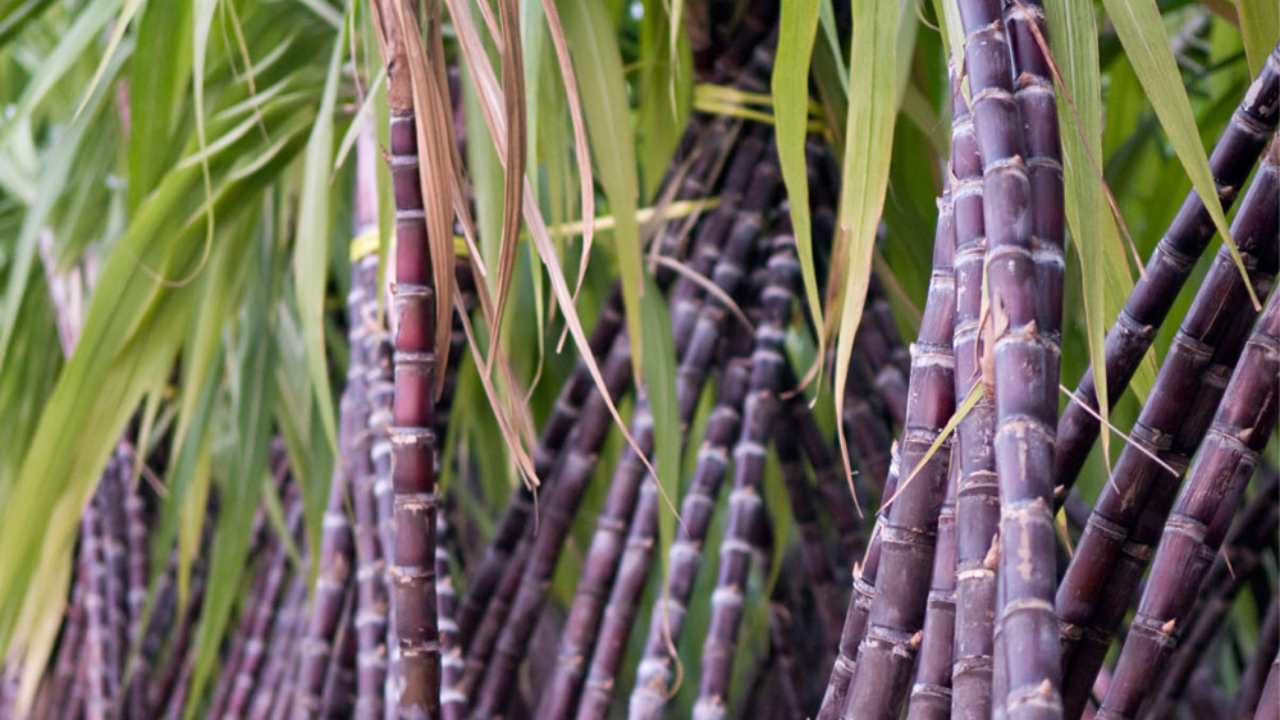Using gene editing to create sugarcane varieties especially for use in renewables and bioplastic industries could be the future. University of Queensland Professor, Dr Robert Henry, said that sugarcane’s reinvention as an “energycane” crop could sustain the industry in the face of falling global demand for sugar. “The industry must think beyond just producing sugar, to also producing electricity, biofuels for transportation and oils to replace traditional plastics,” Henry said
in a statement. [caption id=“attachment_6241371” align=“alignnone” width=“1280”] Sugarcane from the Meringa research station. Image credit: University of Queensland[/caption] The first gene-editing experiments in the world are currently being carried out by Professor Henry, also the Director of the Queensland Alliance for Agriculture and Food Innovation (QAAFI) at UQ, to tailor sugarcane farming to the needs of the biofuel and bioplastics industries. “It’s about reinventing sugarcane as a crop with a wider range of end uses, and sugarcane is ideal for renewables because it is fast-growing with abundant biomass,” he said. Henry and a global team of geneticists are working to sequence the entire sugarcane genome under the US Joint Genome Institute project. Sugar is the last major cultivated plant to have its genome sequenced, and it will likely be fully-decoded by 2020, Henry said in a statement. “Having sugar’s genetic template will allow us to look at growing sugarcane as a biofuel and a source of 100 percent recyclable bioplastic, making it a substitute for petroleum in the production of countless items from cosmetics to car parts,” he said.
Once sequenced and modified, the crop will allow for the existing sugar industries to cope with the falling demand for sugar around the world and lower environmental impacts. Ms Sheriden Morris, Director of the Cooperative Research Centre for Developing Northern Australia, agrees that biofuels and bioplastics are the future of the sugarcane industry. Dr Henry, who has helped lead multiple breakthroughs in decoding the genome of sugarcane, said that the science was quickly developing to help growers tap into commercial opportunities in growing cane for renewables. “Australia’s sugarcane growers are facing a falling sugar price – driven by declining world demand and increased competition in India and Brazil. The industry must look to the future,” Henry said. The research team in Queensland is in a collaboration with the Indian Institute of Technology, Delhi to study the different processes by which sugarcane fibre can be broken down to make bioplastics.


)
)
)
)
)
)
)
)
)



